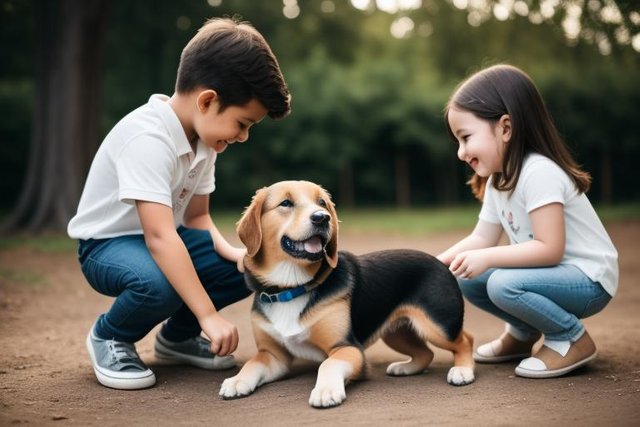Empathy in Children: Why is it important, how to develop it?
How often do we hear the word "empathy" in our daily lives? "What would you do if it happened to you?" And "What if you felt like that?"
Actually, when we ask questions like "Put yourself in someone else's shoes," we're talking about empathy.
Everyone has heard this saying, but what does it really mean to put yourself in someone else's shoes?
Our feelings have been a part of our lives since the moment we were born. For example, it starts with pets or plants inside.

We've all heard family members say things like, "Babe, don't do it. It will hurt the plant. We'll love it more if you call it sweet than if you tear it off."
When we are very young, we learn to care about other people.
According to research, kids can learn empathy from the things around them as well as having it naturally.
Kids who have some empathy are aware of events, feelings, and the differences between people.
Empathy is a skill that can be learned and improved. But getting better at this takes time and knowledge.
To help kids learn empathy, it's important to spend time with them in social situations and pay attention to what they need there.
At this point, it's important to get to know the child well. What makes him happy, what makes him mad, and what makes him like something?
The first step on this path is to see and care about these.
People who don't have enough empathy tend to be individualistic and self-centered.
Problems from the playground can follow a person into adulthood and affect their personal, work, and social life.
A person with a good sense of empathy tells themselves to be understanding, move forward while taking the situation into account, and not worry about what other people will think regarding their choices.
Kids feel this way to protect themselves from being bullied at school, and it also helps them become strong individuals who can work well with others, be happy, and stick to their values.
By looking at events with awareness, people who have empathy skills—one of the most important parts of emotional intelligence—can guess how to solve both personal and world problems using the theory of cause and effect.
Kids who learn more empathy are less likely to pick on their friends and more likely to help them, especially in public places like schools and courses. When an adult goes out with other people, this condition still shows up.
Kids who have empathy also learn to notice, accept, and talk about good times and feelings. When you look at things, people, and life from different points of view, you become more creative and open to new ideas.
Helping others also makes you more compassionate.